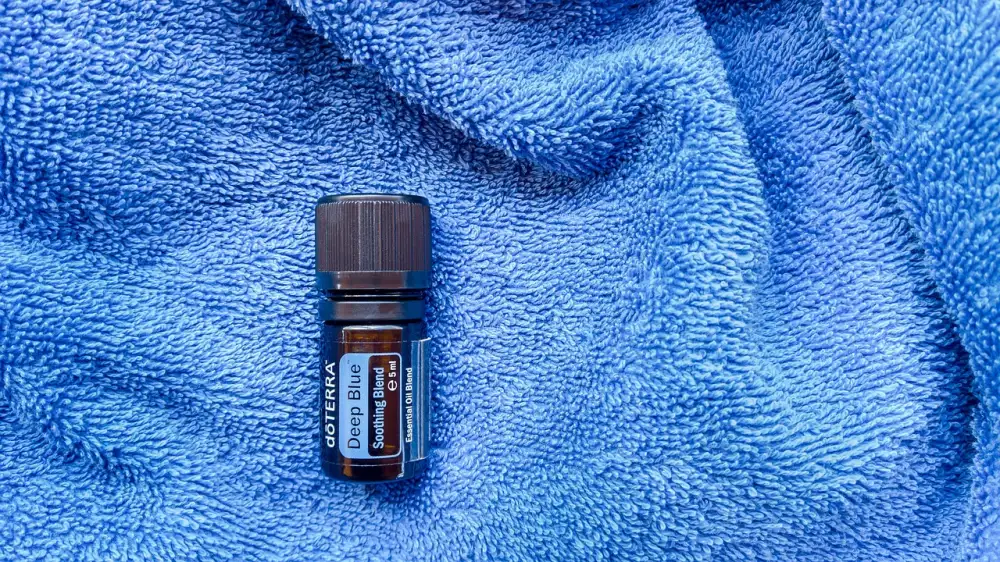Peppermint Oil as a Natural Mouse Repellent: Myth or Magic?

- Understanding the problem: The presence of mice in homes and the need for effective solutions
- The science behind peppermint oil: Explaining the properties that make it potentially repellent to mice
- Debunking the myth: Examining the limitations and mixed results of using peppermint oil for mouse control
- Alternative methods: Exploring other proven strategies for preventing and eliminating mice infestations
Mice can be a persistent problem in many homes, causing damage to property and spreading diseases. As homeowners search for natural and safe solutions, peppermint oil has gained popularity as a potential mouse repellent. But does it really work? In this article, we will delve into the science behind peppermint oil and examine its effectiveness in keeping mice at bay. Let's separate fact from fiction and discover if peppermint oil is truly a magical solution for mouse control.
Understanding the problem: The presence of mice in homes and the need for effective solutions
Mice infestations in homes are a common problem that many people face. These tiny creatures can be a nuisance, causing damage to property and spreading diseases. Their ability to squeeze through small openings makes it difficult to keep them out. Traditional methods such as traps and poison may not always be effective or safe, especially for households with children or pets. Therefore, there is a need for alternative solutions that are both efficient and environmentally friendly. One such solution that has gained popularity is the use of peppermint oil as a natural mouse repellent. But does it really work? Let's find out.
The science behind peppermint oil: Explaining the properties that make it potentially repellent to mice
Peppermint oil contains a high concentration of menthol, which is known for its strong scent and potential repellent properties. Mice have a highly developed sense of smell, and the strong odor of peppermint oil can be overwhelming to them. Additionally, the volatile compounds in peppermint oil may irritate the respiratory system of mice, making it uncomfortable for them to stay in an area where the oil is present. These factors suggest that peppermint oil has the potential to deter mice from entering or staying in your home. However, further research is needed to fully understand the effectiveness and long-term impact of using peppermint oil as a mouse repellent.
Debunking the myth: Examining the limitations and mixed results of using peppermint oil for mouse control
While peppermint oil has gained popularity as a natural mouse repellent, it is important to examine its limitations and mixed results. While some people claim success in using peppermint oil to deter mice, there is limited scientific evidence to support its effectiveness. Studies have shown that while mice may initially be repelled by the strong scent of peppermint oil, they can become accustomed to it over time, rendering it ineffective as a long-term solution. Additionally, the concentration of peppermint oil needed to have any impact on mice is significantly higher than what is typically used in household applications. This means that simply placing a few drops of peppermint oil around your home may not be enough to keep mice away. It is also worth noting that different strains of mice may respond differently to peppermint oil, further complicating its effectiveness as a universal mouse repellent. Therefore, while peppermint oil may have some deterrent properties, it should not be relied upon as the sole method for controlling mice infestations.
Alternative methods: Exploring other proven strategies for preventing and eliminating mice infestations
There are several alternative methods that have been proven effective in preventing and eliminating mice infestations. One popular approach is to ensure that your home is clean and free of food sources that may attract mice. This includes properly storing food in sealed containers, regularly cleaning up crumbs and spills, and keeping garbage cans tightly sealed.
Another strategy is to seal off any potential entry points for mice. Mice can squeeze through very small openings, so it's important to inspect your home for any gaps or cracks in walls, floors, or windows. These can be sealed with caulk or other appropriate materials.
Traps are also a commonly used method for catching mice. There are various types of traps available, including snap traps, glue traps, and live traps. It's important to place these traps in areas where mice are likely to travel, such as along walls or near food sources.
Using ultrasonic devices that emit high-frequency sounds can also be effective in repelling mice. These devices are designed to be safe for humans and pets but create an uncomfortable environment for rodents.
Lastly, professional pest control services can provide comprehensive solutions for mouse infestations. They have the expertise and tools necessary to identify the extent of the problem and implement effective measures to eliminate mice from your home.
While peppermint oil may have some repellent properties, it is important to consider these alternative methods alongside its use. Combining different strategies may yield better results in preventing and eliminating mouse infestations in your home.
In conclusion, while peppermint oil has been touted as a natural mouse repellent, its effectiveness remains questionable. While some people have reported success in using it to deter mice, others have experienced mixed results or found no difference at all. It is important to note that peppermint oil alone may not be enough to completely eliminate a mouse infestation. Therefore, it is advisable to consider alternative methods such as sealing off entry points, setting traps, or seeking professional help if the problem persists. Ultimately, the decision to use peppermint oil as a mouse repellent in your home should be based on personal preference and experimentation.
Published: 17. 12. 2023
Category: Home



